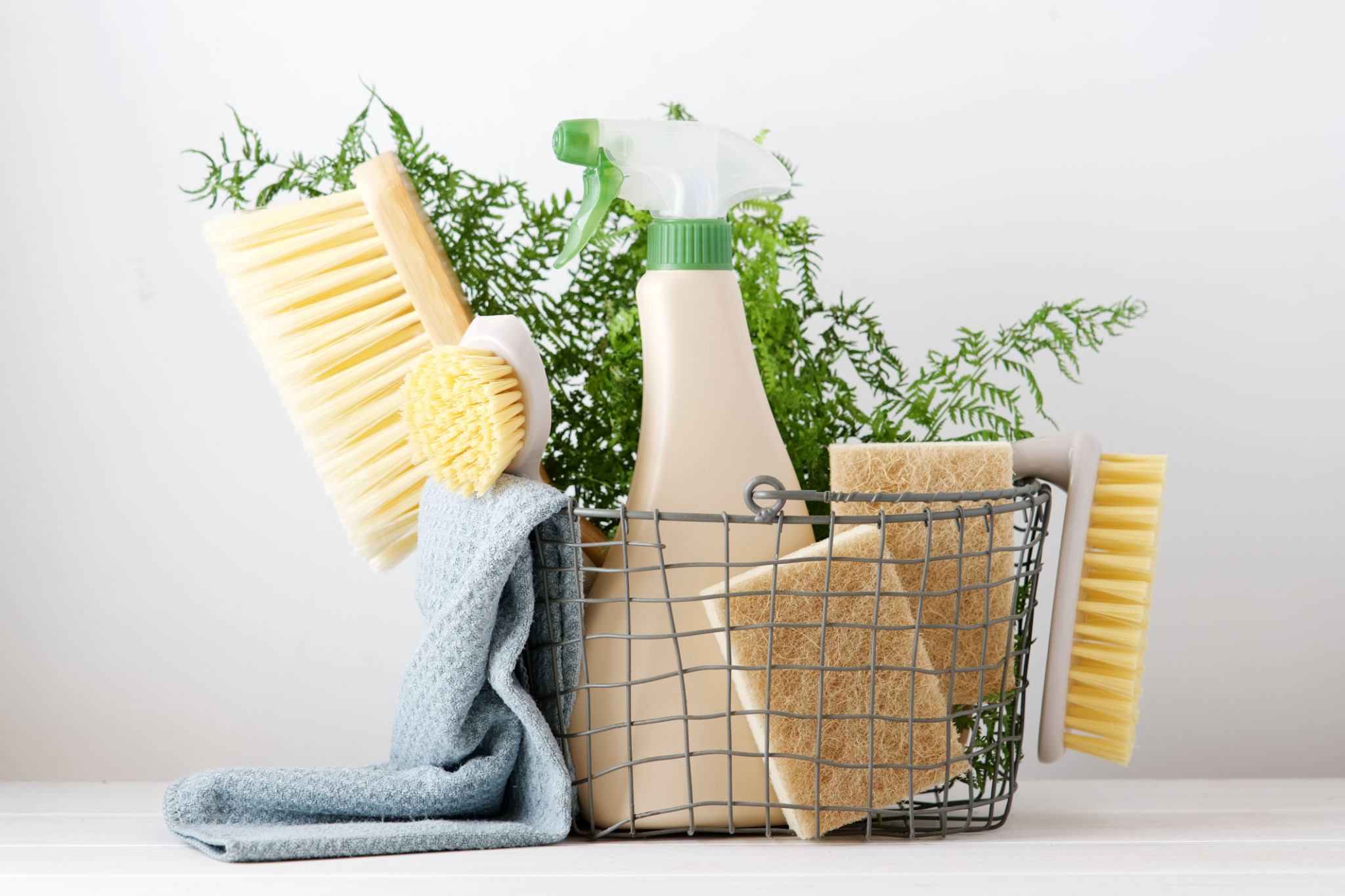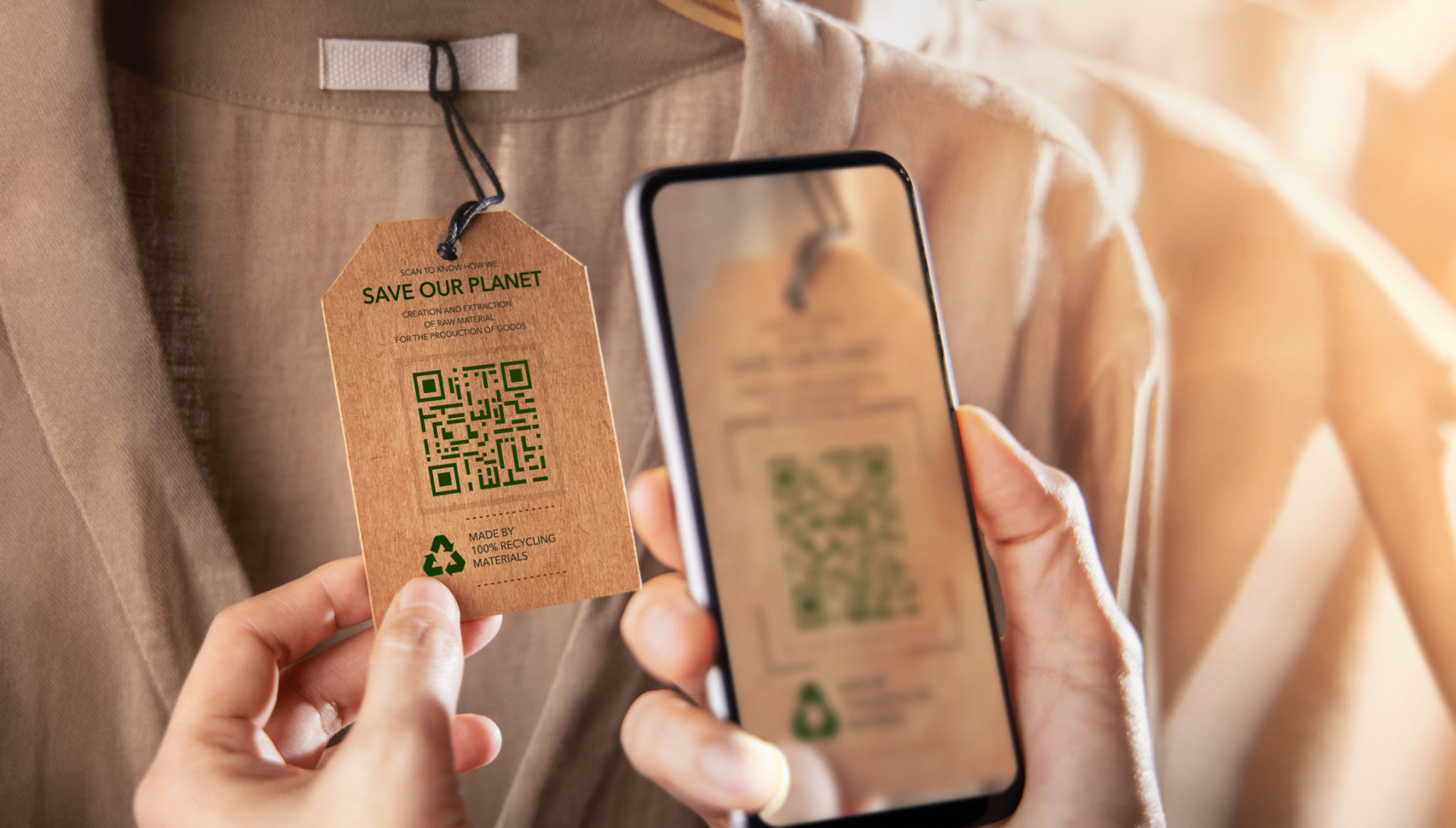5 Eco-Friendly Cleaning Practices for a Healthier Home Environment
Why Choose Eco-Friendly Cleaning?
As awareness of environmental issues grows, more people are seeking ways to reduce their carbon footprint. One effective method is adopting eco-friendly cleaning practices. These not only help the environment but also create a healthier living space for you and your family. Traditional cleaning products often contain harmful chemicals that can cause respiratory issues and skin irritations. By switching to green alternatives, you can avoid these risks and contribute to a more sustainable future.
Eco-friendly cleaning products are typically made from natural ingredients, reducing the amount of toxic waste that ends up in our water systems. Additionally, many of these products come in recyclable packaging, further minimizing their environmental impact. Here are five eco-friendly cleaning practices that will help you maintain a spotless home without compromising your health or the planet.

1. Use Natural Cleaning Products
One of the simplest ways to make your cleaning routine more eco-friendly is by using natural cleaning products. Many household items such as vinegar, baking soda, and lemon juice can be used to clean and disinfect surfaces effectively. These natural ingredients are safe, non-toxic, and biodegradable, making them an excellent choice for eco-conscious households.
For instance, a mixture of vinegar and water can be used to clean windows and mirrors, while baking soda is great for scrubbing sinks and countertops. Lemon juice can be used to remove stains and add a fresh scent to your home. By replacing chemical-laden cleaners with these natural alternatives, you can reduce your exposure to harmful substances and protect the environment.
2. Opt for Reusable Cleaning Tools
Disposable cleaning products like paper towels and single-use mop pads contribute significantly to household waste. Instead, opt for reusable cleaning tools such as microfiber cloths, washable mop heads, and sponges. Microfiber cloths are particularly effective at trapping dirt and bacteria, and they can be washed and reused multiple times, reducing waste and saving money in the long run.
Additionally, consider using a reusable spray bottle for your homemade cleaning solutions. This not only cuts down on plastic waste but also allows you to control the ingredients in your cleaning products. Investing in high-quality, reusable cleaning tools is a small change that can have a big impact on the environment.

3. Make Your Own Cleaning Solutions
Making your own cleaning solutions is an excellent way to ensure that you're using safe and eco-friendly products. Many DIY cleaning recipes use simple, natural ingredients that you likely already have at home. For example, a mixture of water, white vinegar, and a few drops of essential oil can be used as an all-purpose cleaner. This not only reduces your reliance on store-bought cleaners but also allows you to customize the scent and strength of your cleaning solutions.
Another popular DIY cleaner is a baking soda paste, which can be used to tackle tough stains and grime. Simply mix baking soda with a small amount of water to form a paste, and apply it to the affected area. Let it sit for a few minutes before scrubbing and rinsing. Making your own cleaning solutions is a cost-effective and environmentally friendly way to keep your home clean.
4. Choose Eco-Friendly Brands
If making your own cleaning products isn't your thing, there are plenty of eco-friendly brands available that offer safe and sustainable options. Look for products that are labeled as biodegradable, non-toxic, and free from harmful chemicals such as phthalates, parabens, and sulfates. Many eco-friendly brands also use recyclable or compostable packaging, further reducing their environmental impact.
Brands like Seventh Generation, Ecover, and Method are known for their commitment to sustainability and offer a wide range of cleaning products that are both effective and environmentally friendly. By supporting these brands, you can help promote a greener future while keeping your home clean and healthy.

5. Reduce Water Usage
Water is a precious resource, and conserving it should be a priority in every household. When cleaning, be mindful of your water usage and try to use as little as possible. For example, instead of running the tap continuously while washing dishes, fill the sink with water and wash all the dishes at once. Similarly, use a bucket of water for mopping floors instead of letting the tap run.
Another way to reduce water usage is by using concentrated cleaning products. These products require less water to be effective and often come in smaller, more eco-friendly packaging. By being conscious of your water usage, you can help conserve this vital resource and reduce your environmental impact.
Incorporating these eco-friendly cleaning practices into your routine can make a significant difference in creating a healthier home environment. Not only will you be reducing your exposure to harmful chemicals, but you'll also be contributing to a more sustainable future. Start making these small changes today and enjoy the benefits of a cleaner, greener home.
